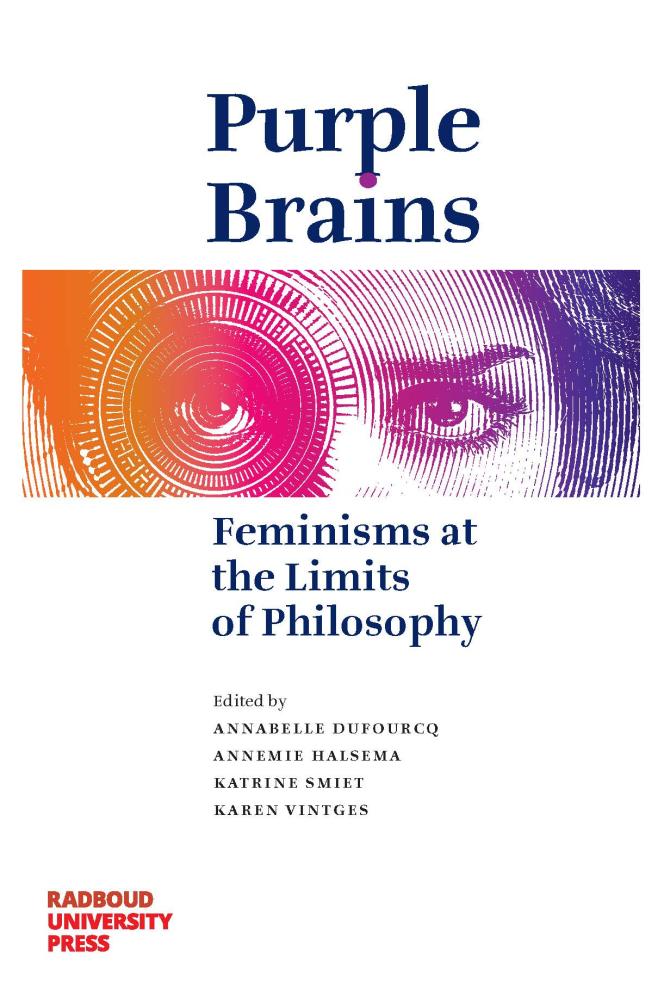‘Amor Mundi’ Threatened? War and the ‘Darkness of the Human Heart’
Synopsis
Desiree Verweij, in her chapter “‘Amor Mundi’ Threatened? War and the ‘Darkness of the Human Heart,’” discusses what Hannah Arendt’s concept of thinking means in a military context, as opposed to thoughtlessness in a military context, of which Eichmann, according to Arendt, was an infamous example. His inability to think will be contrasted with the ability to think of the – almost unknown – American soldier John Glenn Gray, as discussed in his book The Warriors: Reflections on Men in Battle (1959), to which Arendt wrote a laudatory introduction. What did this mean in the context Gray found himself in? And what does this mean regarding Arendt’s concept of “amor mundi,” as the love and responsibility for a common world? Doesn’t the deployment of military means, which, by definition, makes room for the destructive forces of the “homo furens”, as Gray suggests, threaten this “amor mundi”?
Downloads
Pages
Published
Series
Categories
License

This work is licensed under a Creative Commons Attribution-NonCommercial-NoDerivatives 4.0 International License.



